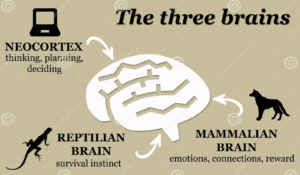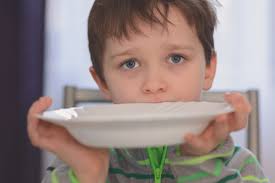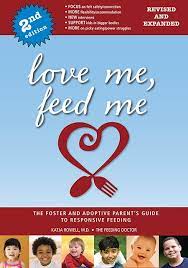News

Parenting That Shame
Once parents can acknowledge how shame shows up behind their children’s icky behaviors, they can begin using a new parenting approach that is therapeutic and individualized. It’s hard. It takes a ton of repetition. And time. And trust. And perseverance. Keep reading to learn real techniques to combat the negative effects of shame!

Dear Director: The Shame Edition
Dear Director,
Our 16-year-old adopted daughter keeps lying and withholding information from us. It’s even like she is keeping secrets intentionally. She didn’t even tell me she got invited to the prom. Frustrating, surprising, and we just don’t know what to do. We belong to a Facebook group for adoptive parents, and someone mentioned that this is her way of coping with her shame. I just don’t get what that means or what to do about it.
Signed, Trying to Understand Shame

Dear Director: The Post Perm Edition
Dear Director,
We just had our adoption day for our 2 children, siblings, aged 6 and 9. We are so delighted and have no real concerns. Our Resource Family Coordinator suggested that we sign up for Post Perm services now that the adoptions are finalized. But we are tired of people in our home, juggling our calendars to find time for the prep worker of the CYS worker, etc. On the other hand, we want to offer our kids the best life moving forward. Is it Ok to wait for problems to arise before we seek out these Post Perm services?
Signed, New Adoptive Parents

All Things Respite
Respite funds are available to adoptive families to help strengthen your family. This can mean spending some time away from your children and refilling your emotional tank. It can look like you attending parenting trainings so you can improve those skills. Sometimes families use this funding to help their child build self-regulation skills through certain activities. The bottom line is that as adoptive parents, you are entitled to respite funding to keep your family close and connected.

Post Perm What?
You may be surprised to learn that there is a formal system designed to support you after you adopt your child, are a formal kinship placement, or become a child’s permanent legal custodian. This system is called Post Permanency services: Post Perm for short. The goal is to strengthen and stand by all of you on your family’s journey. One of the best things about Post Perm services is that it is individualized for your unique family. Tailored to you! And even better, Post Perm services are FREE, funded by the Office of Children, Youth, and Families.

Dear Director: The Food Edition
Dear Director, We adopted our now 9-year-old daughter when she was 5-years-old. She came to us from a neglectful home with 2 parents who unfortunately were addicted to drugs. We have such compassion for her biological parents and a true understanding of the trauma she endured. That being said, her

The Relationship Between Trauma and Food
As parents, it is our innate and primary role to provide proper nutrition for our children. We are hard wired to feed our offspring. If this very natural process is in any way disrupted, as parents, we are stricken and cannot help but take it personally. For it is our job to keep our children well fed. So when our children don’t eat well, eat too much or too little, fight us about healthy food choices, collect food in their rooms and other trauma responses, we, as parents are unnerved.

“Felt Safety” Now, Vegetables Later
When “felt safety” is present, we can be connect to our bodies and feel if we are even hungry or full. Without this, if your child is constantly in a fight or flight mode, they are not able to feel any connection within their bodies, besides fear. Often these children, when placed in a safe home, will gorge on food as they may be worried there won’t be any tomorrow, or perhaps they do not feel the full signals from their bodies. Bottom line is first you connect to your child, help them to regulate, then you can truly help them learn how to eat well.

Real Life Strategies: Responsive Feeding Works
Learn easy to implement strategies to help your child eat better, to decrease those inevitable power struggles over food, and to eliminate food hoarding and other complex food related issues.





